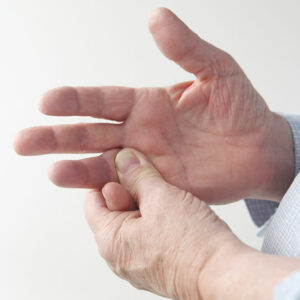Reasons why you shouldn’t worry about aging

Aging is a part of life; there is nothing to worry about if you know what to expect and how to prepare for it in advance. Indeed, you may not be as strong and suffer from aches and pains more often. However, by ensuring that you take care of your health now, you can slow down your body’s aging process. Read on to know more about aging, its signs, and how to take care of yourself.
What are the signs of aging?
Aging is a subjective process and can not be generally categorized. Aging is associated with psychological, biological, and physiological changes. The most easily noticeable and early signs of aging are graying of hair followed by drastic changes that affect the working and functioning of a person.
However, with timely medical check-ups, proper diet, and exercise you can ensure that you are healthy and prepared for anything that aging throws at you.
What happens when you age?
As mentioned above the human body goes through a multitude of changes. The heart, bones and joints, muscles, brain, digestive and urinary tracts, and senses weaken with age and do not perform optimally.
The heart is especially affected by age as its muscles begin to stiffen leading to heart problems and high blood pressure. Your bones shrink in size and density, making you easily prone to fractures and injuries. Your muscles’ endurance and flexibility deteriorate, making performing simple tasks difficult. Furthermore, your cognitive abilities can diminish causing you to forget more often.
Your control over your digestive and urinary tracts reduce, making you pee more often. Additionally, certain types of food may cause indigestion or other gastrointestinal ailments. Lastly, the capabilities of your sensory organs diminish as well, leading to poor eyesight or loss of hearing.
What preventive measures can you take for a better old age?
Aging is an inevitable and natural process; therefore, you need not worry. Instead, incorporate healthy lifestyle choices to ensure that you are prepared for old age. To help you, here are some useful pointers.
- Exercise regularly: A healthy body can withstand the rigors of aging. You can either go to the gym regularly or simply add a physical activity that you enjoy to your routine. This activity can include swimming, walking, or playing any outdoor sport. The aim is to keep yourself fit and take a break from your sedentary lifestyle.
- Visit your doctor: As you age, ensure that you go to your doctor for regular physicals. This way you will be able to diagnose any underlying conditions before they become serious. Moreover, doctors can also prescribe preventive measures or changes to your lifestyle if necessary.
- Change your diet: Substitute fried and sugary foods for salads, whole grains, and leafy greens. Ensure that you get sufficient amounts of nutrients and vitamins from your food. For a more specific diet consult your doctor.
- Reduce alcohol consumption and smoking: Alcohol and smoking cause your body to age faster due to the effect they have on your heart, liver, and lungs. As you grow older, your organs won’t be able to function optimally, and alcohol and smoking can further worsen their condition.



